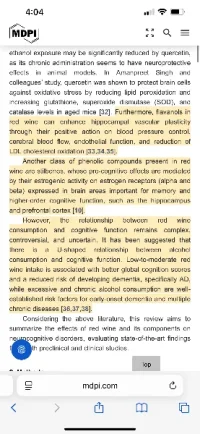Hello all. I'm sure of you have been on TRT for a while and still enjoy yourselves a sip of whiskey, glass of wine or a nice IPA.
I want to do this right. I didn't decide to get on trt and hcg and kill it with alcohol/bad eating. I'm already an avid exerciser and eat very healthy. I'm not overweight either.
If I'm at a get together. Mother's day. Family trip somewhere, etc....What are the negative effects of alcohol other than spiking our estradiol?
Can I have 3 or 4 beers in a night? Can I share a bottle of wine with my gf here and there? There are times where I won't drink for weeks....other times where the guys and I have 4 or 5 heavy beers and eat pizza.
I want to do this right. I didn't decide to get on trt and hcg and kill it with alcohol/bad eating. I'm already an avid exerciser and eat very healthy. I'm not overweight either.
If I'm at a get together. Mother's day. Family trip somewhere, etc....What are the negative effects of alcohol other than spiking our estradiol?
Can I have 3 or 4 beers in a night? Can I share a bottle of wine with my gf here and there? There are times where I won't drink for weeks....other times where the guys and I have 4 or 5 heavy beers and eat pizza.













